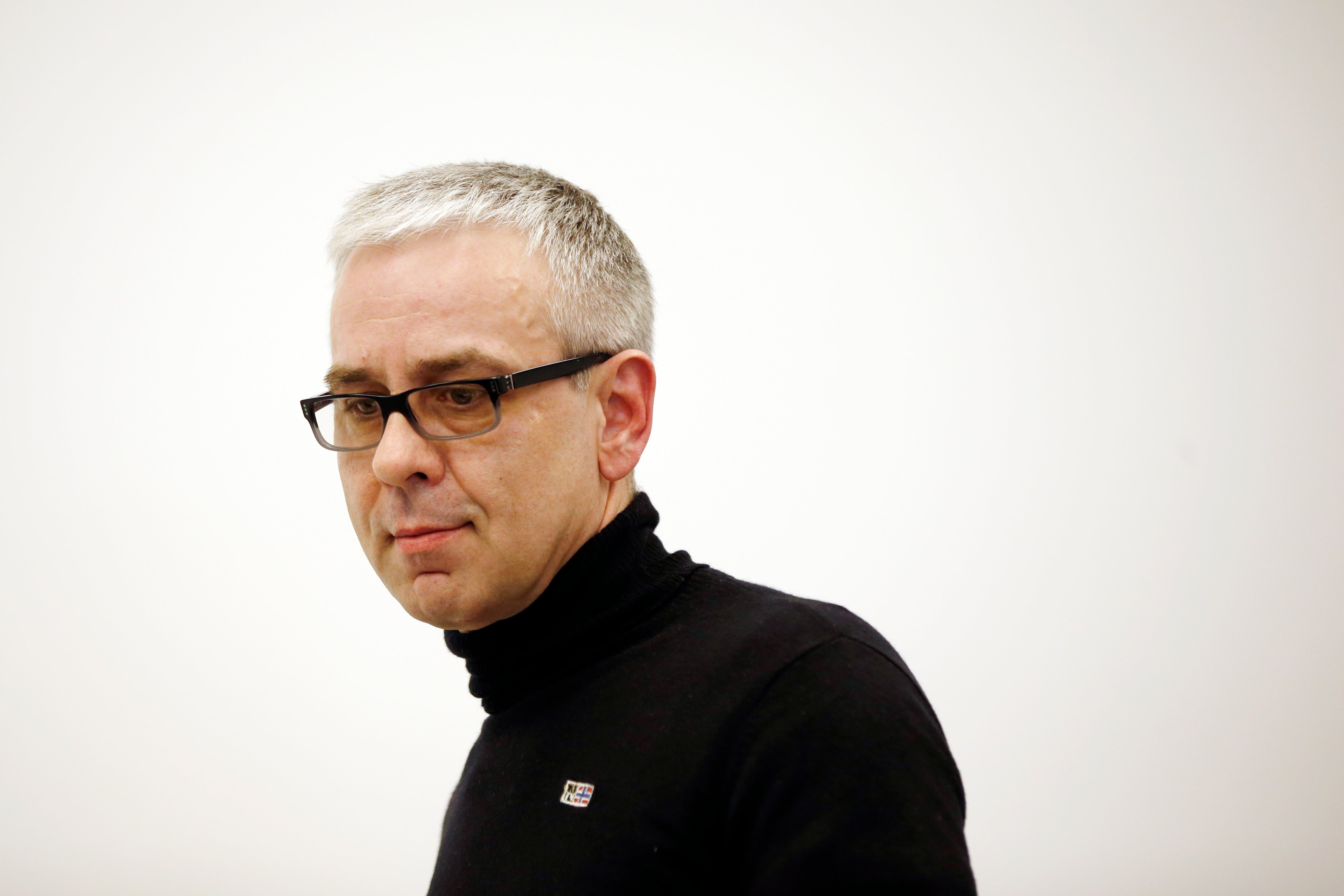Russian agent Kovtun, accused in spy poisoning, dead at 57
Russian agent Dmitry Kovtun, who was accused by the U.K. authorities in the poisoning death of former spy Alexander Litvinenko in London in 2006, has died at 57

Your support helps us to tell the story
From reproductive rights to climate change to Big Tech, The Independent is on the ground when the story is developing. Whether it's investigating the financials of Elon Musk's pro-Trump PAC or producing our latest documentary, 'The A Word', which shines a light on the American women fighting for reproductive rights, we know how important it is to parse out the facts from the messaging.
At such a critical moment in US history, we need reporters on the ground. Your donation allows us to keep sending journalists to speak to both sides of the story.
The Independent is trusted by Americans across the entire political spectrum. And unlike many other quality news outlets, we choose not to lock Americans out of our reporting and analysis with paywalls. We believe quality journalism should be available to everyone, paid for by those who can afford it.
Your support makes all the difference.Russian agent Dmitry Kovtun, who was accused by the U.K. authorities in the poisoning death of former spy Alexander Litvinenko in London in 2006, has died at 57.
Russian lawmaker Andrei Lugovoi, who also was accused by the U.K. in the spy's killing, announced Kovtun’s death on his messaging app channel. Lugovoi said that Kovtun died Saturday of a COVID-19-induced illness. Russian news reports said he died at a hospital in Moscow.
A British inquiry concluded that Kovtun and Lugovoi had killed Litvinenko and that Russian President Vladimir Putin had “probably approved” the operation. The European Court of Human Rights backed the British conclusion.
The Kremlin has fiercely denied any involvement.
Kovtun and Lugovoi also denied playing any role in Litvinenko’s death.
A former agent for the KGB and its post-Soviet successor agency FSB, Litvinenko defected from Russia in 2000 and fled to London. He became involved in exposing corruption and links to organized crime in the Russian intelligence service.
He fell violently ill in November 2006 after drinking tea with two Russian men in a London hotel and died three weeks later. His tea was found to have been laced with radioactive polonium-210.